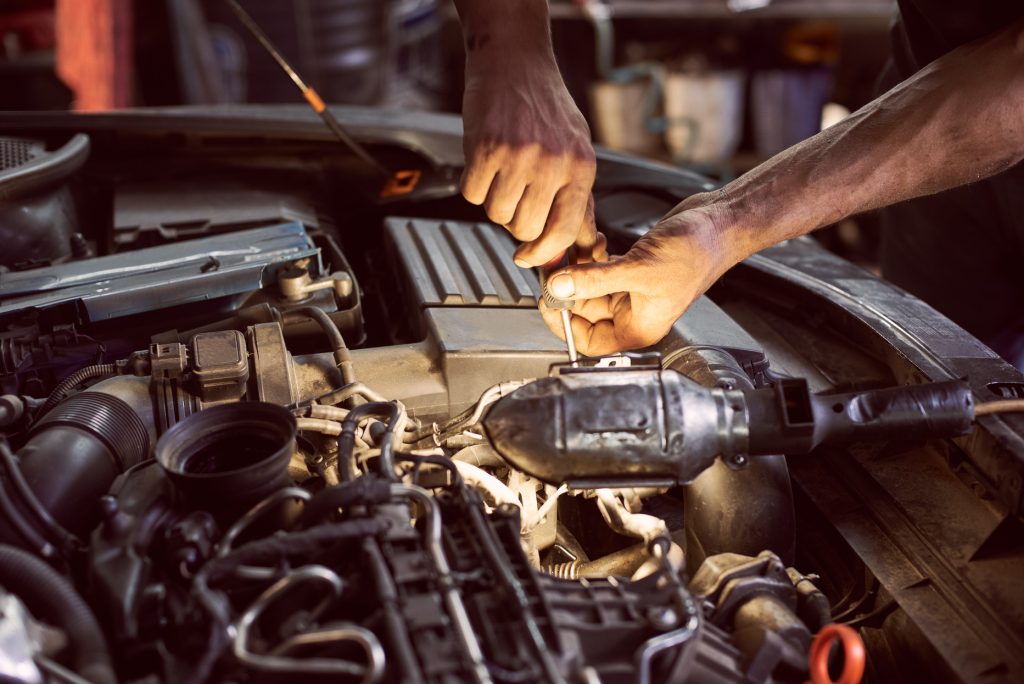Today’s diesel engines are much different from those of the past. Once valued for the brute force they exerted, new diesel engines are technological marvels arising from decades of research and development. Here, drivers will learn about engine management, emissions control, direct injection, and turbocharging systems that power diesels.
Engine Management Systems
After years of effort, diesel truck manufacturers have successfully improved their engine management systems. Electronic sensors constantly monitor an engine’s performance, adjusting parameters and improving efficiency depending on air-to-fuel ratios, ignition timing, and other factors. Computers effectively manage fuel, boosting performance and ensuring the right amount of fuel goes into the engine’s combustion chamber. These systems can alert a driver when there’s a problem that only a call to a diesel engine repair shop near me can solve.
Emissions Control Systems
Diesel engine manufacturers are equipping their products with new and technologically advanced emissions control systems. For instance, EGR or exhaust gas recirculation is a common way to redirect exhaust fumes into the engine’s combustion chamber, reducing the formation of pollutants.

Diesel particulate filters, which are also known as DPFs, are another technological advancement that reduces emissions. Finally, some diesel-powered vehicles come with catalytic converters that convert harmful carbon monoxide into harmless gas and others have NOx absorbers that catalyze these emissions.
Direct Injection
Another advanced feature of diesel truck engines, direct injection technology delivers usable fuel under high pressure. Of a diesel engine’s parts, the direct injection system is the most complex. It’s difficult for users to get the circulating fuel mist to ignite evenly, and the problem was once solved with induction valves, pre-combustion chambers, and similar technologies.
Today’s direct injectors can inject fuel into an engine’s combustion chamber at 30,000 psi or more, ensuring diesel is atomized into tiny droplets. This technology improves efficiency because it allows diesel to flow directly into the engine.
Turbochargers
The biggest advance in diesel engine technology is the introduction of turbochargers. These crucial components force air into a vehicle’s engine, allowing more fuel and oxygen to mix and increasing the explosiveness of ignition. The combustion process increases overall power when repeated frequently, and in many cases, it also boosts efficiency.
The only limit to a diesel engine’s power is the amount of diesel fuel it can burn in the cylinders. In most instances, the issue isn’t insufficient fuel; it’s a lack of oxygen. Today’s engines need approximately 15 parts oxygen for every part of fuel, which makes air scarce. Turbochargers solve the problem by bringing more air into the combustion chamber, increasing horsepower by up to 50% and raising thermal efficiency significantly.
Do You Need Help with a Diesel Engine?
Do you need help or have questions on how to get the most out of your diesel engine? Let the pros help! Whether you are a new truck owner or an experienced fleet manager, local diesel repair specialists can provide help and support. Schedule an appointment online or call now to learn about our diesel repair services.
